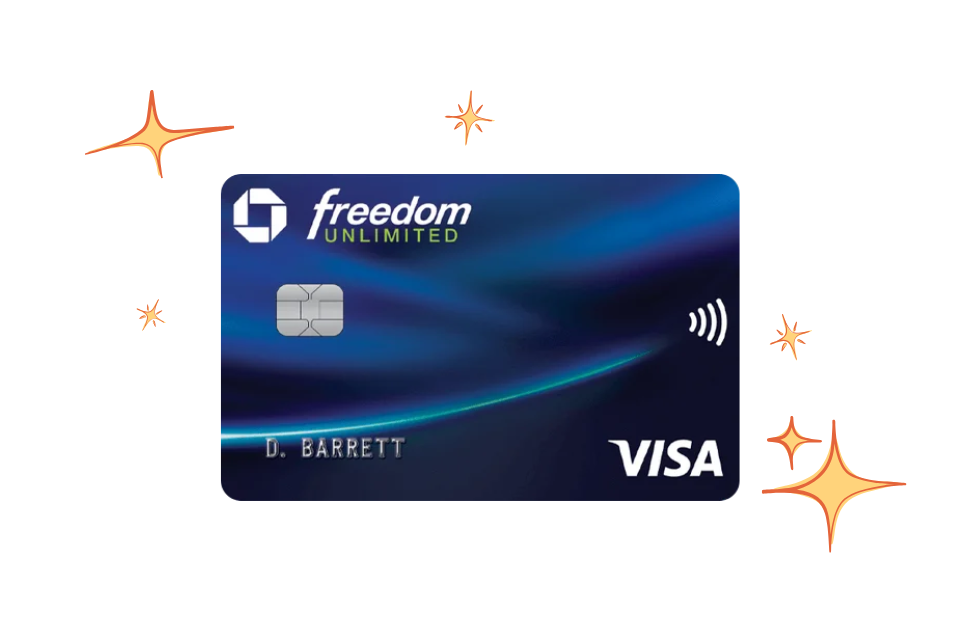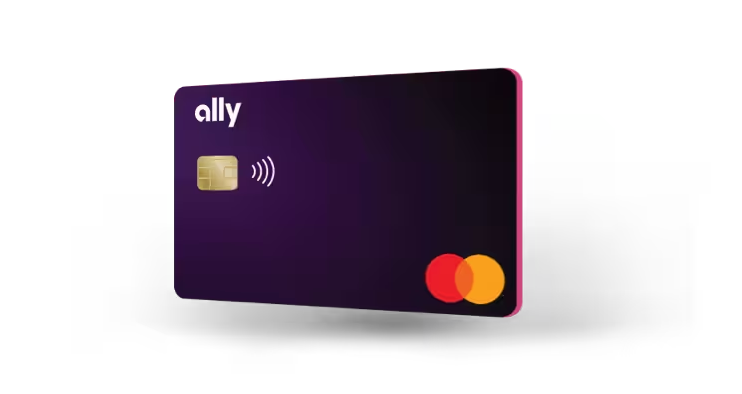Best practices to avoid credit card debt

Understanding Credit Card Debt
Credit card debt can be a significant burden, impacting not only your financial situation but also your overall peace of mind. It’s crucial to develop smart financial habits that can help you avoid the pitfalls associated with credit card usage. With the right strategies, you can navigate credit wisely and maintain your financial health.
Here are some best practices to keep in mind:
- Create a Budget: One of the most effective ways to manage your finances is to outline your income and expenses in a detailed budget. Start by listing all sources of income, then itemize your monthly expenses, such as rent, groceries, utilities, and entertainment. By reviewing your spending habits, you can identify areas where you might reduce spending. For example, if you notice you’re spending a lot on takeout, consider cooking at home more often to save money.
- Pay on Time: Making timely payments is critical in managing credit card debt. Late payments can lead to hefty fees and increased interest rates, making it even harder to pay off your balance. To avoid these pitfalls, set up automatic payments through your bank or credit card provider. You can also use calendar reminders to alert you a few days before the due date, ensuring that payments are made on time.
- Use Only What You Can Afford: Treating your credit card like a debit card can be a helpful mindset shift. Before making a purchase, ask yourself, “Can I afford this right now?” If the answer is no, it’s better to wait until you have the funds available. This approach not only helps prevent overspending but also encourages self-discipline.
By following these guidelines, you can maintain control over your finances and minimize the risk of accumulating unmanageable debt. It’s not just about avoiding immediate debt but also about cultivating habits that lead to long-term financial security. Building an emergency fund can be part of this strategy, allowing you to cover unexpected expenses without relying on credit. For instance, even starting with a small amount each month can accumulate over time, providing a safety net when you need it.
Remember, adopting these practices can make a significant difference in your financial journey. Not only will you reduce the likelihood of falling into credit card debt, but you will also enhance your overall financial literacy, making informed decisions that ensure a brighter financial future.
SEE ALSO: Click here to read another article
Smart Spending Techniques
Adopting mindful spending habits is a crucial way to navigate the complexities of personal finance. Learning to manage your expenditures effectively not only prevents credit card debt but also enhances your overall financial health. Here are some additional strategies to help you cultivate smart spending habits:
- Limit Impulse Purchases: One of the silent contributors to financial strain is impulse buying. This often happens when we’re shopping online late at night or wandering through stores. To mitigate this, try implementing a “cooling-off” period. For example, if a new gadget catches your eye, step back and wait a full 24 hours before deciding. This delay allows you to reflect on whether the purchase aligns with your financial goals or if it’s simply an emotional buy, like a temporary happiness fix.
- Prioritize Necessities Over Luxuries: Distinguishing between what you need and what you want is essential in managing your budget. A practical approach is to create a written list of monthly expenses. Start with your fixed costs such as rent, utilities, and groceries, followed by variable expenses like dining out and entertainment. By dedicating your income first to needs, you create a strong foundation that keeps discretionary spending in check.
- Review Monthly Statements: Monitoring your credit card statements is vital to understanding your spending patterns. Many people find that they have recurring charges—like gym memberships or streaming services—that they no longer use or have forgotten about. Set aside time each month to review these statements and identify areas to cut back. For instance, if you notice that you haven’t used a specific service in months, canceling it can free up funds for other priorities, such as saving for a vacation or building an emergency fund.
- Set Spending Limits: Establishing monthly spending limits on your credit card can be a powerful way to manage your finances. For instance, if your total budget for discretionary spending is $500, allocate $300 for your credit card and the rest for cash purchases. This approach encourages more mindful spending as you monitor how much remains in your credit card budget throughout the month. Using budgeting apps can simplify this process, providing insights into your spending habits at a glance.
Implementing these techniques not only helps you stay within your financial limits but also fosters healthier spending habits for the long term. When you gain control over your expenses, the weight of financial stress lifts, allowing you to focus on your goals and what truly matters in life. Moreover, being mindful about your spending habits empowers you to enjoy the perks associated with credit cards, such as cash back and rewards programs.
However, it’s imperative to remember that these benefits come with responsibilities. Credit cards can be a valuable financial tool if managed wisely, providing significant benefits and enhancing your purchasing power. The key lies in developing an awareness of your spending behavior, which will enable you to enjoy these advantages while minimizing the risk of accumulating debt. By dedicating time to refine your spending techniques, you invest not just in your current financial well-being, but also in a secure future.
SEE ALSO: Click here to read another article
Building a Strong Financial Foundation
Understanding the fundamentals of personal finance is essential for avoiding credit card debt. By developing a solid financial foundation, you can make informed decisions that prioritize stability and long-term wealth. Here are some effective practices to help you strengthen your financial base:
- Create an Emergency Fund: An emergency fund acts as a financial safety net, allowing you to cover unexpected costs—like car repairs or medical bills—without relying on credit cards. Aim to save at least three to six months’ worth of living expenses in a separate savings account. This not only promotes financial security but also provides peace of mind, making it less likely that you’ll resort to credit when faced with an unforeseen expense.
- Practice Budgeting: Budgeting is a vital skill that helps you track your income and expenses. By maintaining a clear picture of your financial situation, you can allocate funds more effectively and avoid overspending. Start by listing your monthly income and categorizing your expenses into fixed (like rent and utilities) and variable (like dining out and shopping). Simple budgeting tools—such as spreadsheets or mobile apps—can help streamline this process, making it easier to stay organized and in control.
- Understand Interest Rates: Familiarizing yourself with credit card interest rates and how they are applied can help you make more informed decisions about using credit. Understanding the significance of your Annual Percentage Rate (APR) allows you to evaluate the true cost of carrying a balance. For example, if your card has a 20% APR and you carry a balance of $1,000, you’ll incur $200 in interest over a year if you don’t make any payments. Knowing this can encourage you to pay off your balance in full each month to avoid interest charges.
- Pay More Than the Minimum Payment: Many credit card companies allow you to make minimum payments, which may seem manageable. However, only making the minimum can lead you into a cycle of debt, as the majority of your payment will go towards interest rather than reducing your principal balance. Instead, if possible, pay more than the minimum each month. Even an additional $50 can significantly decrease your total balance and save you money on interest in the long run.
- Choose the Right Credit Card: Not all credit cards are created equal; some come with high interest rates or fees that can lead to debt if you’re not careful. Take the time to research and compare credit cards before applying. Look for cards with low interest rates, no annual fees, and beneficial rewards programs that fit your lifestyle. Additionally, consider introductory offers that may include 0% APR for the first year, giving you a chance to establish positive credit habits.
By focusing on building a strong financial foundation, you position yourself to handle your credit cards mindfully and responsibly. A solid grasp of budgeting, saving, and the nuances of credit can significantly enhance your financial health and decrease the risk of falling into debt. Remember that while credit cards can offer convenience and rewards, they must be managed with care and awareness to prevent them from becoming a burden on your finances.
CHECK OUT: Click here to explore more
Conclusion
In conclusion, avoiding credit card debt is a journey that requires sound financial practices and a commitment to understanding your personal finances. By implementing strategies such as creating an emergency fund and practicing effective budgeting, you empower yourself to face unforeseen expenses without the burden of accumulating debt. A crucial aspect is understanding interest rates; this knowledge allows you to appreciate the true cost of borrowing and motivate you to pay off your balance in full whenever possible.
Additionally, it is beneficial to pay more than the minimum payment and select credit cards that align with your financial situation, ensuring they come with favorable terms rather than high fees. Remember that using credit cards should enhance your financial flexibility, not create a cycle of debt. It’s imperative to utilize them responsibly and within your means, emphasizing the importance of living within your budget.
Ultimately, developing a comprehensive financial strategy will help you navigate the complexities of credit while safeguarding your financial future. Embrace these best practices, remain vigilant, and keep your financial goals in sight. By doing so, you can avoid the pitfalls of credit card debt and build a secure financial life where credit serves as a useful tool rather than an overwhelming burden.


